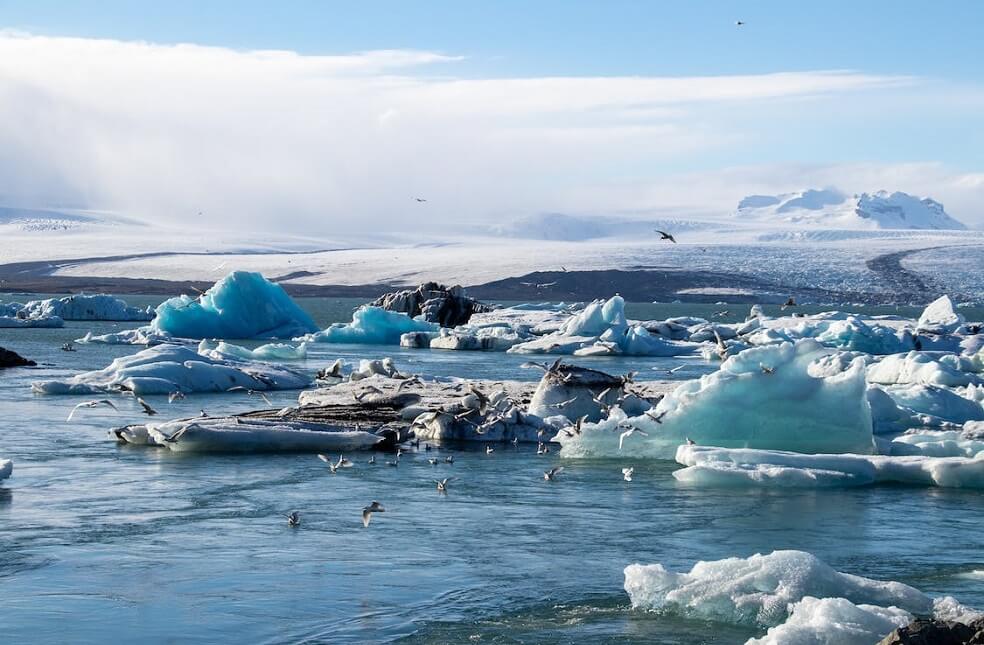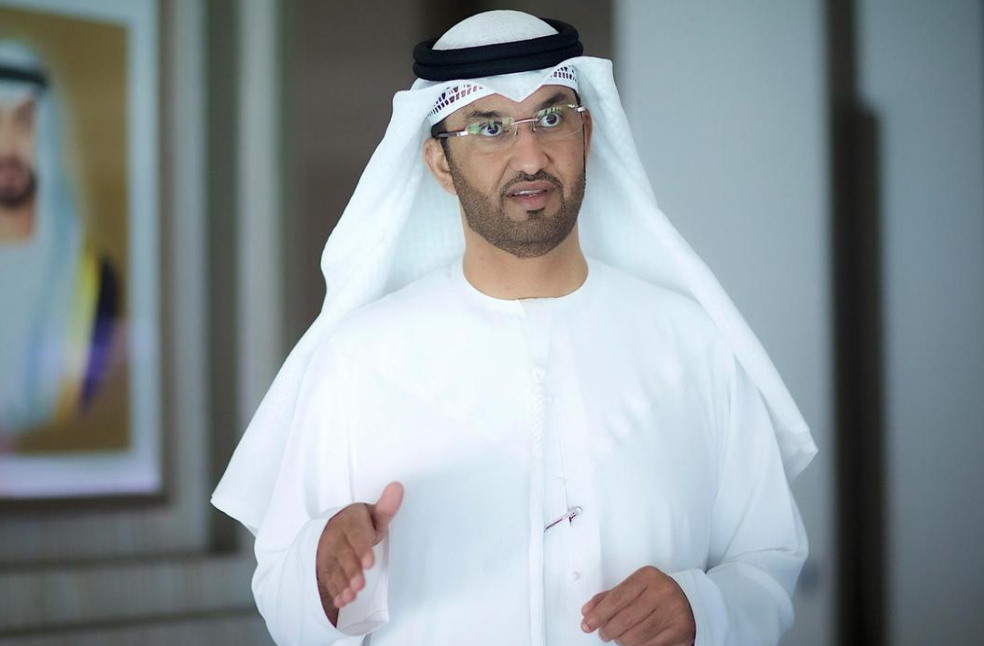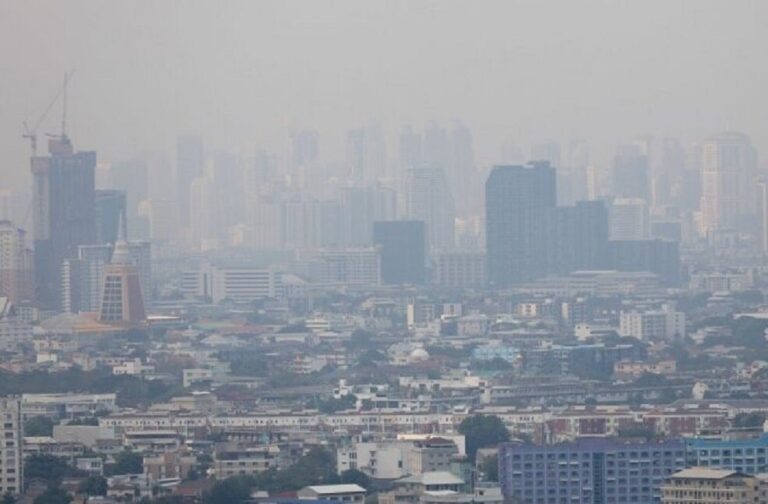Kenya: A new study by Oxfam suggests that wealthy nations are undermining efforts to protect poor and vulnerable countries from the impacts of the climate crisis. Instead of providing grants, rich countries are offering loans, diverting funds from other aid projects, or mislabeling cash. In 2020, only $11.5 billion of climate finance from rich countries was dedicated to helping poor nations adapt to extreme weather, despite the increasing occurrence of climate-related disasters.
Oxfam’s international climate change policy lead, Ms. Nafkote Dabi, criticised this amount as inadequate considering the magnitude of the problem. The promised $100 billion a year in climate finance by 2020, pledged by developed nations to developing countries, has not been fulfilled. Only $83 billion was provided in 2020, falling short of expectations. Oxfam argues that standard estimates overstate the true amounts, as some of the money is taken from existing overseas aid budgets and some of the counted climate finance includes funds primarily allocated to development projects with limited climate benefits.

According to Oxfam’s Climate Finance Shadow Report 2023, only $21 billion to $24.5 billion out of the $88 billion remains as pure climate finance without any strings attached. Oxfam calls for grants instead of loans, while some donor countries defend the use of loans. These issues regarding climate finance will be discussed at UN negotiations in Bonn this week, leading up to the COP28 climate summit scheduled to begin on November 30.
Concerns have also been raised about the host of COP28, the United Arab Emirates (UAE), a major oil-producing country that plans to expand its fossil fuel production capacity. Mr. Sultan Al Jaber, President-Designate of COP28 and head of the UAE’s national oil company, Adnoc, has been criticised for his dual role, seen as a conflict of interests. Mary Robinson, former president of Ireland, and other prominent women have written to the UN, requesting a clear separation between Cop preparations and the UAE’s oil industry.

At the preparatory meeting this week, governments will discuss establishing a fund to assist poor countries in coping with the irreversible impacts of climate breakdown. They will also lay the groundwork for evaluating countries’ progress in meeting their greenhouse gas emission reduction pledges under the Paris climate agreement, known as the “global stocktake.”
Mr. Al Jaber emphasises the need for a “course correction” at COP28 to align with the goals of the Paris Agreement. The COP28 President-Designate highlights the importance of increasing renewable energy deployment and calls for unity among governments and activists to address climate change effectively.



